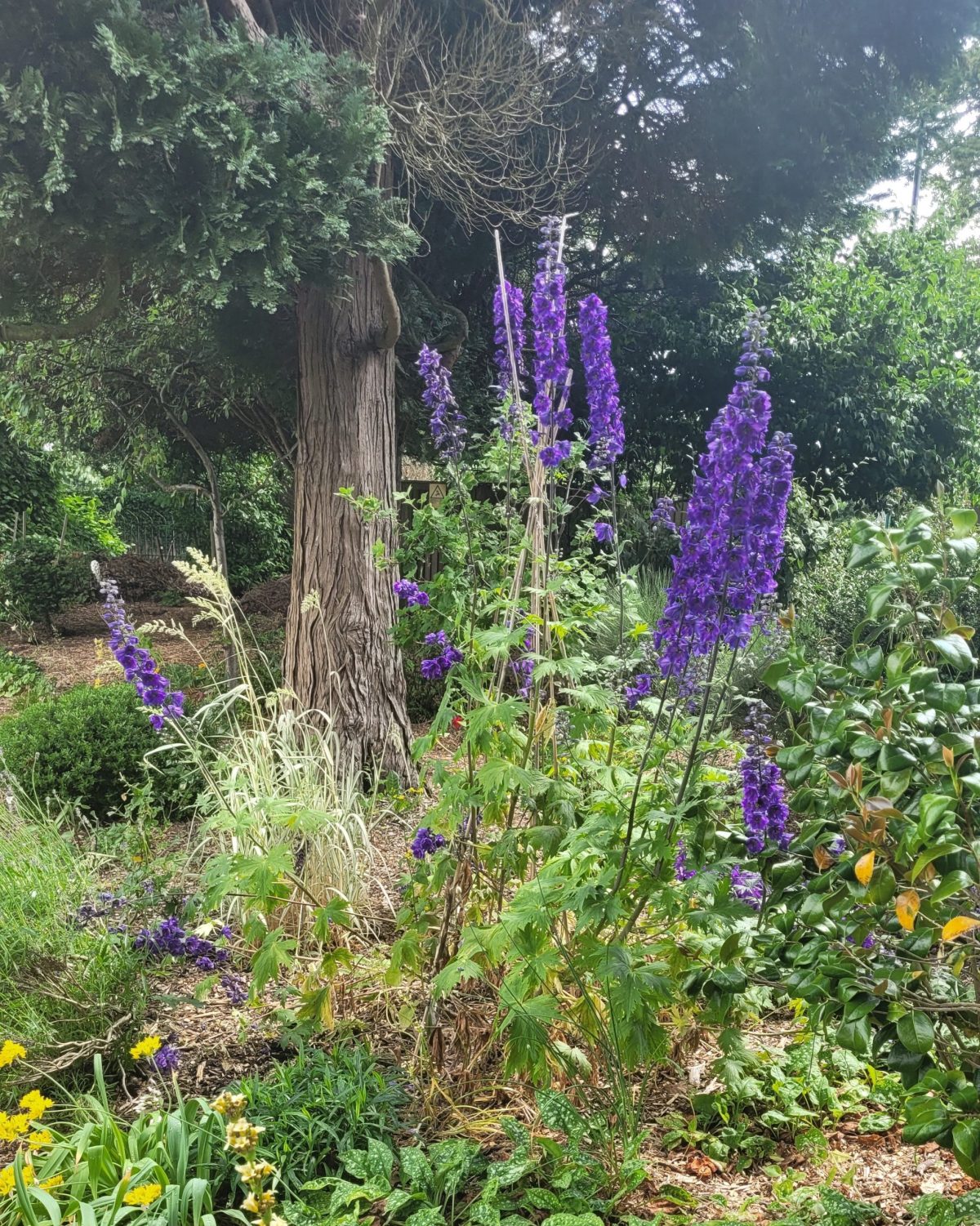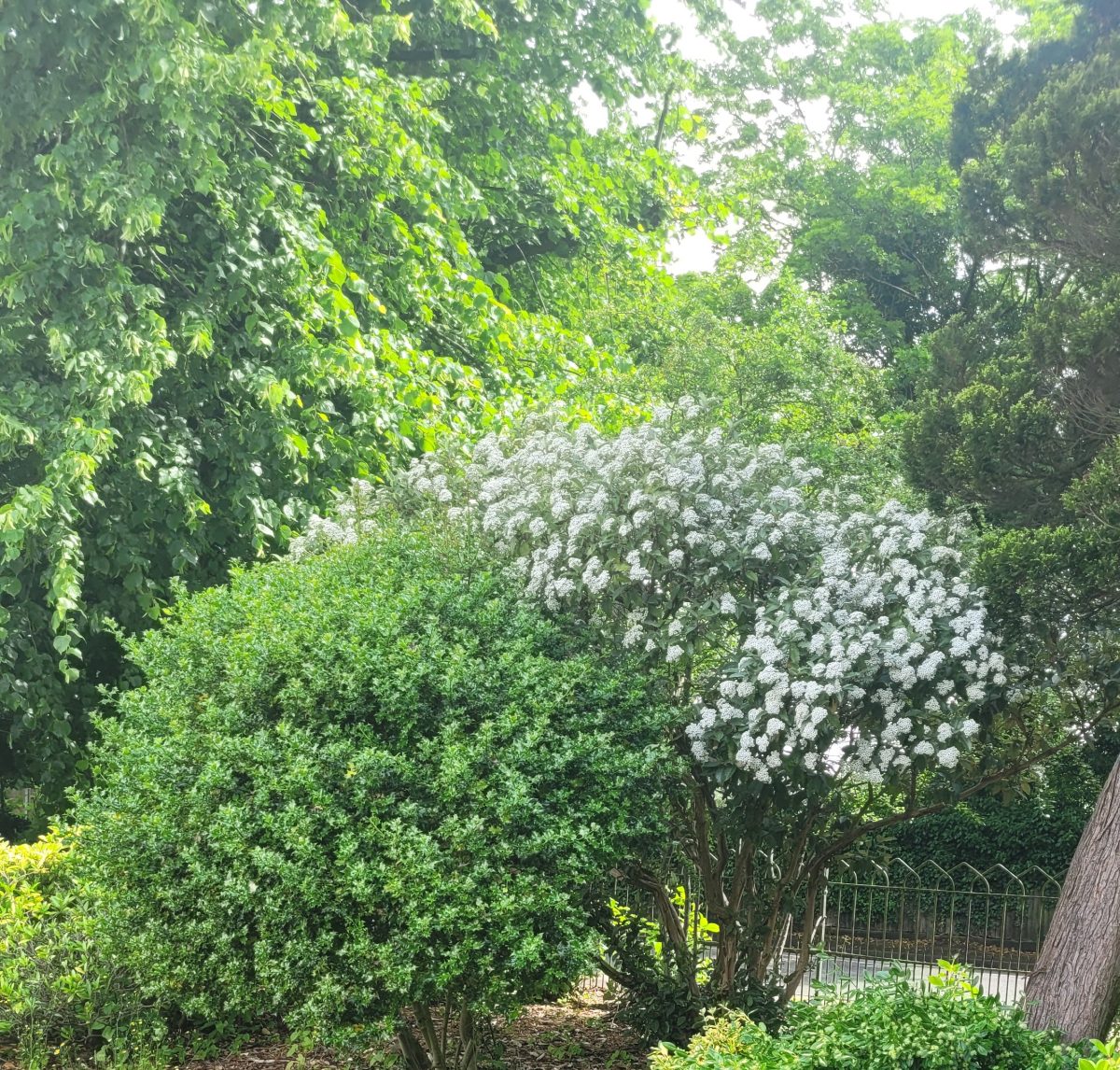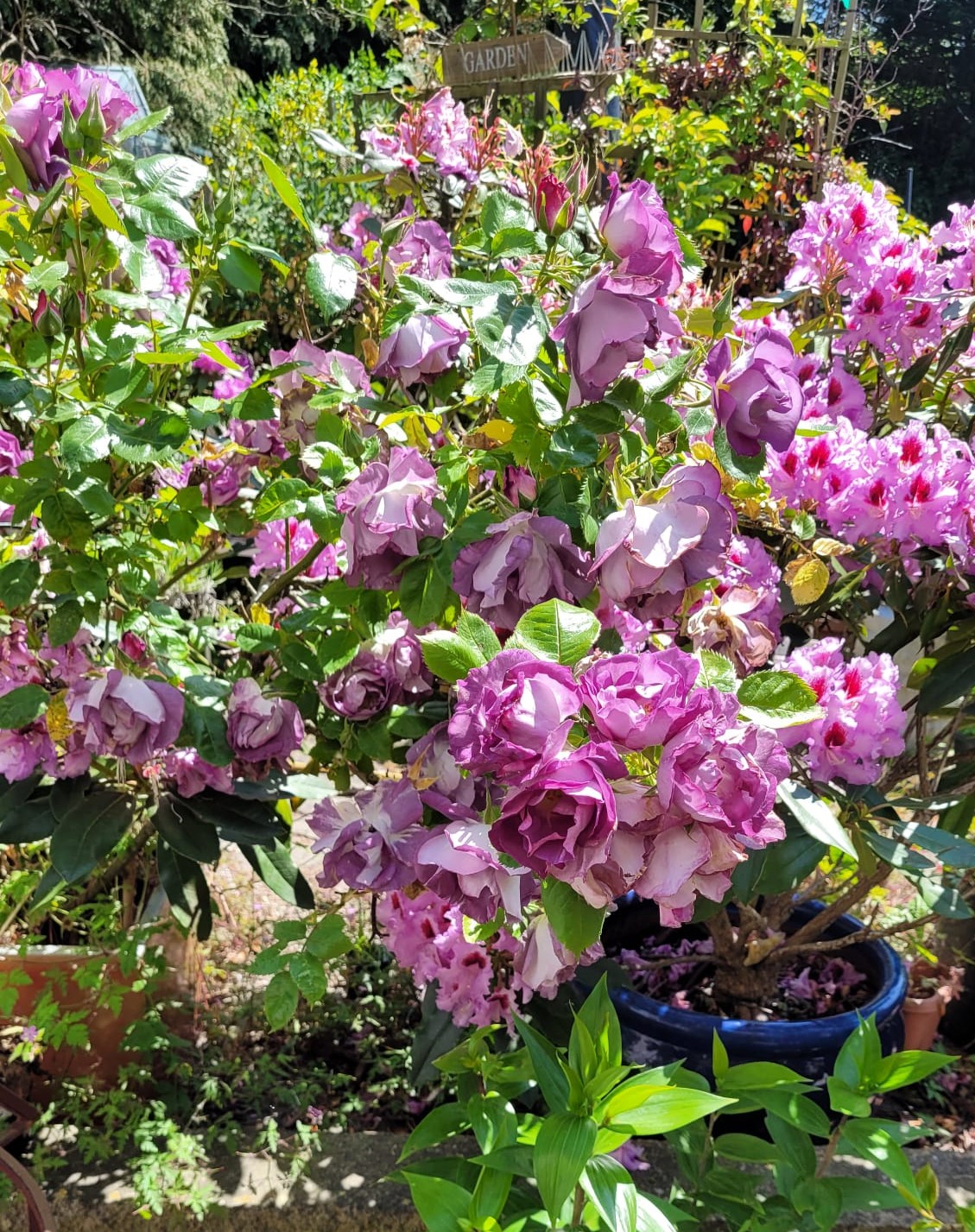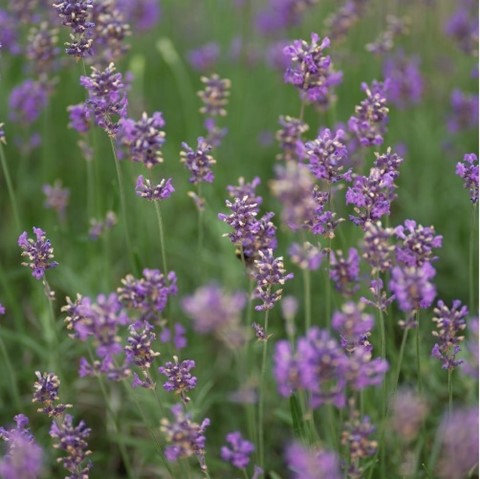Introduction:
Depression is a complex mental health condition that affects millions of people worldwide. It goes beyond mere sadness and can significantly impact one’s quality of life. While seeking professional help is essential for managing depression, incorporating activities that promote well-being can also play a vital role in the recovery process. In this blog, we will delve into the nature of depression and explore various activities that can help combat its effects.
Understanding Depression:
Depression is characterised by persistent sadness, hopelessness, and a loss of interest in activities once enjoyed. It can affect a person’s thoughts, emotions, behaviours, and overall physical health. Common symptoms of depression include fatigue, changes in appetite, difficulty concentrating, and feelings of worthlessness.
Activities to Combat Depression:
Engage in Regular Exercise:
Physical activity has been shown to have a positive impact on mental health. Regular exercise releases endorphins, which are natural mood-boosting chemicals. Engaging in activities like walking, jogging, yoga, or dancing can help alleviate symptoms of depression and enhance overall well-being.
Practice Mindfulness and Meditation:
Mindfulness and meditation are practices that cultivate a state of present-moment awareness. By focusing on the present, individuals can reduce excessive worry and rumination, which are common in depression. Incorporating mindfulness exercises or guided meditation into your daily routine can help calm the mind and promote emotional stability.
Connect with Supportive Relationships:
Depression often leads to social isolation, making it important to prioritise connections with supportive individuals. Reach out to friends, family members, or support groups that can provide a listening ear and understanding. Sharing your feelings and experiences can offer emotional relief and a sense of belonging.
Pursue Creative Outlets:
Engaging in creative activities can provide a sense of purpose and accomplishment, which can combat feelings of emptiness and low self-esteem associated with depression. Explore activities such as painting, writing, playing a musical instrument, or gardening. These outlets offer a means of self-expression and can serve as a healthy distraction from negative thoughts.
Spend Time in Nature:
Nature has a calming and therapeutic effect on our well-being. Take regular walks in a park, spend time near bodies of water, or plan hikes in scenic areas. Connecting with the natural world can reduce stress, promote relaxation, and enhance your overall mood.
Practice Self-Care:
Self-care is essential to managing depression. Engage in activities that bring you joy and relaxation. This can include taking warm baths, reading a book, listening to music, or practicing gentle stretching exercises. Prioritising self-care promotes a sense of self-worth and nurtures your overall well-being.
Volunteer or Help Others:
Contributing to the well-being of others can have a profound impact on our mental health. Engaging in volunteer work or acts of kindness can provide a sense of purpose, increase self-esteem, and foster social connections. Consider volunteering at a local charity, mentoring someone in need, or participating in community initiatives.
Conclusion:
Depression is a challenging condition that requires comprehensive support and treatment. While these activities can help combat the effects of depression, they are not meant to replace professional therapy or medication. If you or someone you know is experiencing depression, seeking guidance from a mental health professional is essential. Remember, recovery takes time, and each person’s journey is unique. By incorporating these activities and seeking appropriate support, you can take proactive steps towards managing depression and fostering a healthier and happier life.








